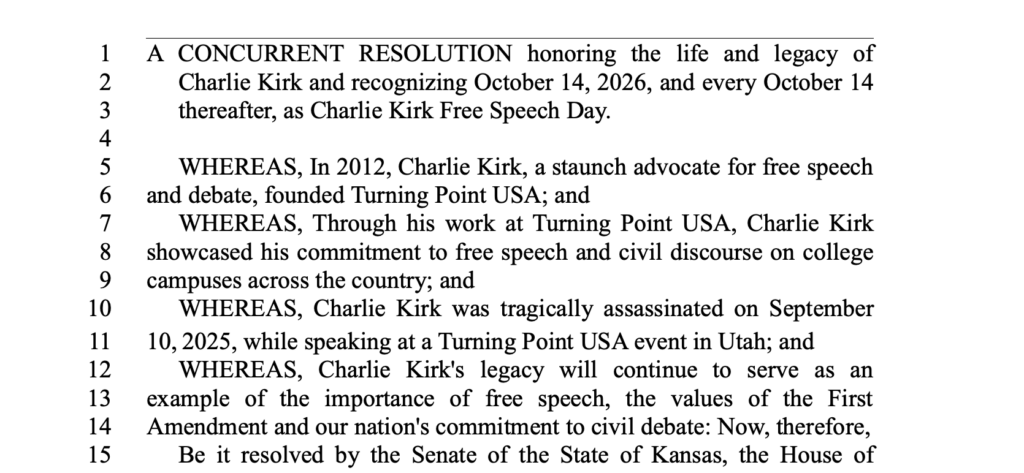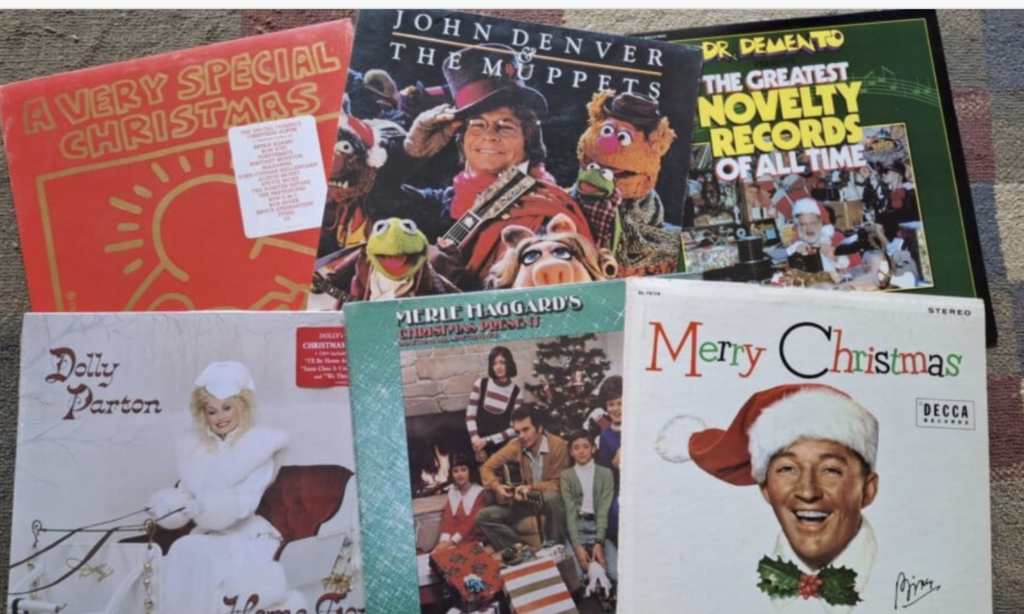The Unicorn’s Faith Healer causes more pain than it cures

Is it fair to complain about the absence of a miracle? For some 150 minutes, this question simmers beneath the Unicorn Theatre’s production of Brian Friel’s 1979 drama, The Faith Healer, a series of dense, demanding, half-hour monologues arguing that life — especially for those of a creative bent — is a brutal slog sporadically brightened by bursts of transcendence. That pretty much describes the play as well, I’m sorry to say. Despite some moments of glory and a tremendous performance from Mark Robbins, The Faith Healer isn’t just a slog — it’s an Iditarod across a miserable continent, through a white-out of words.
That’s a painful complaint to make in this age of text messages and Webisodes, a time when even the theater seems, if not postliterate, at least pre-whatever-comes-after-literate. There’s much to commend here: Robbins’ complex, moving turn as Francis Hardy, the shabby and disappointed healer of the title, a man who sometimes has it in him to make broken folks whole but who usually finds himself scraped of all grace. Or the way that Friel’s script connects the divine triumphs that Hardy occasionally manages with the creative triumphs for which any performer wishes. (Inspiration, Friel seems to argue, is rare and glorious in any form.) Or the sparkling tales of small-time, last-century showbiz dished by Hardy’s manager, Teddy, played with characteristic verve and pathos by Bruce Roach.
But the highlights and general ambition don’t make up for the grind. Take the excruciating second act, an overwritten eternity spent in the company of Hardy’s wife, Grace (Merle Moores), a woman shattered after her own life’s slog. In a sort of Faulknerian dream speech, Grace tells the story of years spent traveling across Wales, Scotland and Ireland with Hardy and Teddy. Typical is when she moans: “I had an impulse — and thank God, I resisted it — a calm, momentary impulse to do an ugly, shameful thing. I wanted to curse him — no, not curse him — assault and defile him with obscenities, and to articulate them slowly and distinctly and brutally into his face. ” On and on it goes like this. As Grace breaks down, her monologue actually comes to resemble what it’s meant only to suggest. This is exactly what it’s like to be trapped with a rambling, miserable, lunatic relative.
Hardy, Teddy and Grace each take a turn narrating alone, the actors coming together only for the curtain call. Friel revels in their contradictory perceptions, letting their stories shade and shape one another, never giving us a clear truth. As they detail the hard life of a traveling healer, they speak frankly of adultery, miscarriage and how hard it is to strive on, despite transcendence’s refusal to manifest itself with any kind of regularity. But they talk artfully around some essential facts, not because these characters might find these things harder to discuss than the rest of it but simply to gin up suspense for the climax. The result is sometimes grand but more often maddening: monologues both overwrought and far too coy (and too long). Director Sidonie Garrett wrings what drama she can out of all the standing around, but, as on any Sunday morning, The Faith Healer is more talk than miracle.
At Quality Hill Playhouse, the title promises exactly what the show delivers. Musical of Musicals: The Musical! is certainly a musical, and the evening is not without its exclamation points. It earns them honestly, with five parodic suites of Broadway royalty sung and acted, cabaret-style, by a game cast of four ace singers and comics. Affectionately and acidly, composer Eric Rockwell and lyricist Joanne Bogart work Oklahoma! into Corn!, a dopey prairie romance with a dream ballet and chintzy advice — “Follow your dreams until you die.”
A Little Complex, the ersatz Sondheim, cuts deeper. The witty “Welcome to the Woods” apologizes that, like most Sondheim melodies, It may not sink in ’til the third or fourth hearing.
Jerry Herman (Hello, Dolly!, La Cage aux Folles) and the team of Kander and Ebb (Chicago, Cabaret) take their licks, but the strongest attack is reserved for that epic vulgarian Andrew Lloyd Webber, who, in Aspects of Juanita, is lashed for his “wretched recitative.”
Charles Fugate broods amusingly as the Phantom, Sweeney Todd and a series of thuggish landlords. Julie Shaw, whose singing is a delight, is most memorable here when she lunges off-key for Dear Abby, a satiric star vehicle distinguished by her sour bleating. Jon Daugharthy and Julie O’Rourke also deserve their applause, and stage director Rick Truman has worked up some fine pratfalls and appealing soft-shoe. In all, the show crashes through five short musicals, each with fine mock music, some inspired rhymes and a host of dumb puns (Drink sour wine because life is a cabernet). An eye-rolling gag in Corn!, about ranch hand Big Willy’s dream of future family life, nicely sums up the evening: If you can’t hear the playing with my Little Willy coming, then this show is designed especially for you.
Click here to write a letter to the editor.




